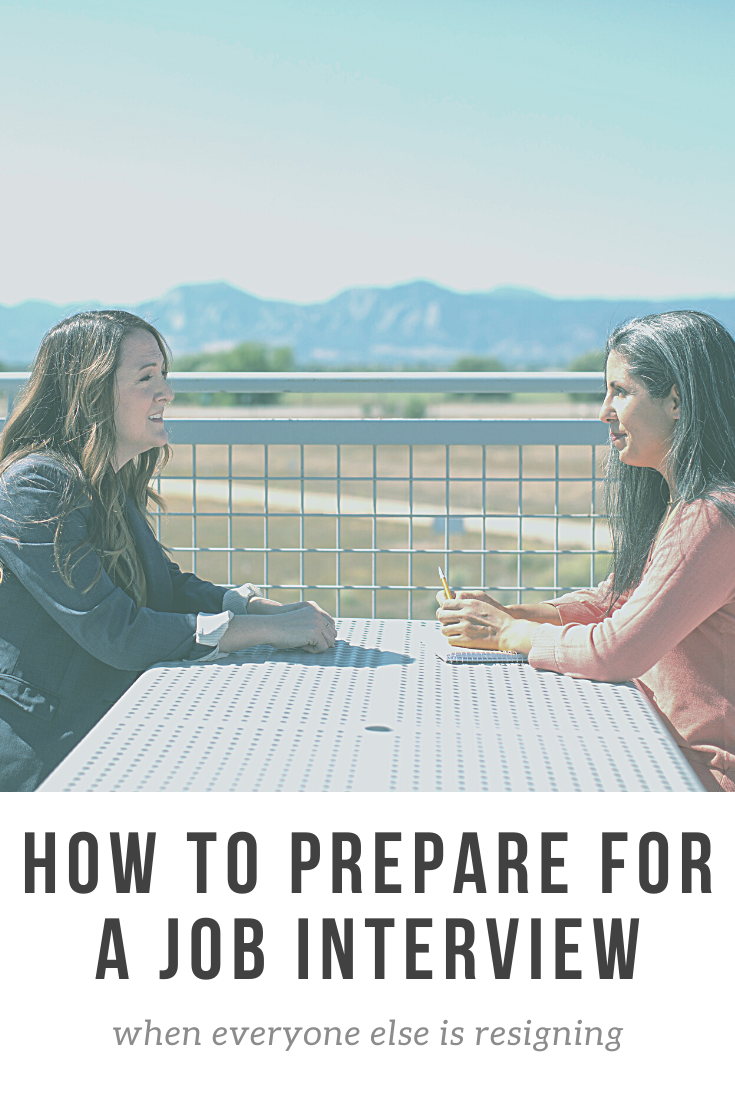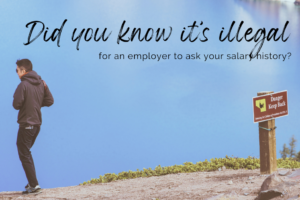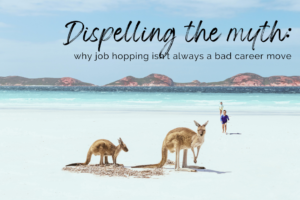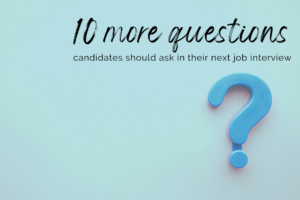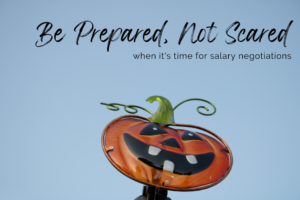|
|
Last week, I was interviewed by a local TV news station about the Great Resignation. Yes, there are a lot of people leaving their jobs right now. Some are quitting for an indefinite break in work. Others are ready for a new job, either in a different industry or a different role. This requires preparing for the job interview process.
If you’re looking for something new, or wanting to resign from your current job but not from the workforce, then you’ll want to prepare for how job interviews have changed due to the pandemic.
Here are some tips to help you get ready for your next interview.
Remote job interview tweaks
Expect companies to continue conducting interviews remotely. This means you need to have a good internet connection, decent lighting, a clear sounding microphone, and a non-distracting background.
Also, choose a background that doesn’t give any indication of your income level, as this could potentially affect your salary offer or salary negotiations.
For more tips on video and phone interviews, click here.
Experience matters more than appearance
Remote video interviews reduce the amount of your appearance employers will see. And phone interviews eliminate your appearance altogether. As a result, you’ll have to rely less on a polished appearance, and more on selling your skills and experience.
While substance should always be more important than appearance, some candidates need to be reminded of this.
Fill in the gaps
Did you lose your job or get furloughed in the early days of the pandemic? Explain any COVID-related employment gaps with how you used your time wisely.
Talk about any online courses you took, homeschooling you did for your children, or home projects you accomplished. Indicate what you learned and the skills and good habits you developed.
Give examples
Be prepared to give specific examples of how you’ve demonstrated the new skills you developed as a result of the pandemic. These skills could include crisis management, process building, digital collaboration, remote teamwork, self-discipline, emotional intelligence, and time management.
Use the CAR method (outlined in episode one of the interview tutorial) to provide stories about your examples.
Show trustworthiness
In describing your examples, show how your current employer was able to rely on your trustworthiness while working remotely, without his or her direct supervision.
Include how you documented your work and how you provided this documentation to your supervisor.
New job interview questions
Be prepared to answer questions you’ve never had to answer before in a job interview. These questions include:
- What’s the biggest lesson you learned from the pandemic?
- How did the pandemic change your career goals?
- What did you do with your time while furloughed or laid off during the pandemic?
- Did you draw unemployment when you could’ve found work?
- In what ways do you manage your time working remotely?
- How does it compare to how you managed your time when working in an office?
- How have you adapted your communication and teamwork skills to a remote work environment?
New job interview questions you should ask
Update your own list of questions for the employer to include:
- How has your company changed for the better since the pandemic?
- How has it changed for the worse?
- Which pandemic-related adaptations have you kept in place?
- What is the projected outlook for the company and this industry based on the effects of the pandemic?
- How did you provide support to your employees during the pandemic?
Be authentic and genuine
Work life and personal life are now more blended than ever before. Don’t be afraid to allow your true personality to shine through in your interview (with appropriate boundaries of course).
Authenticity is key (see the on-demand program on Personal Branding).
Determine fit
Employers are struggling to find good employees due to the Great Resignation. Be honest about your strengths and weaknesses, along with what you’re looking for in your next job opportunity.
Don’t string an employer along. And don’t take a job just because a company is showing interest in you. Make sure a job offer is a good fit for your skills and goals before accepting it.
Need help with your job interview?
If you need help preparing for your next job interview, or would just like to have a practice run with my feedback, let me know!
Related posts
- 5 Ways to Make Your Resume Relevant and Attractive in 2022
- How to Make Phone and Video Interviews Run More Smoothly
- 5 Ways to Network Effectively in a Post-COVID Job Market
- How to Know What Questions to Ask in a Job Interview
- Online video course: Steps to Acing the Interview and Reducing Your Interview Anxiety
